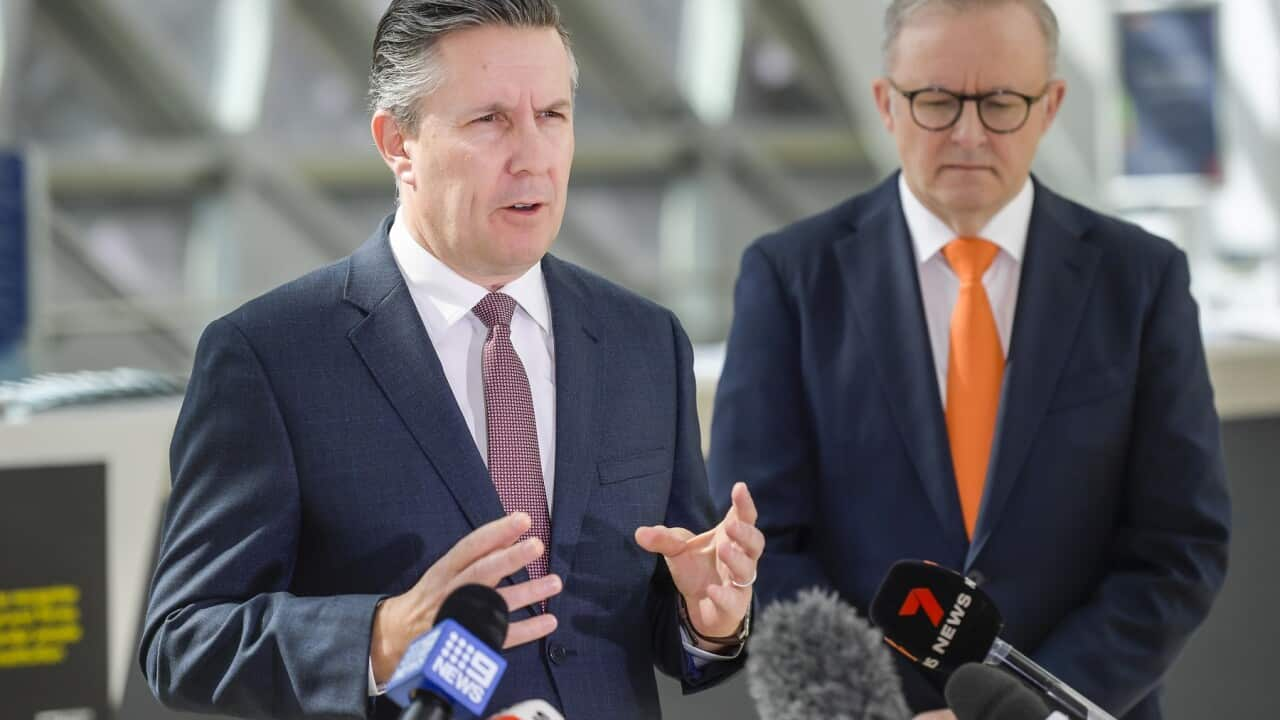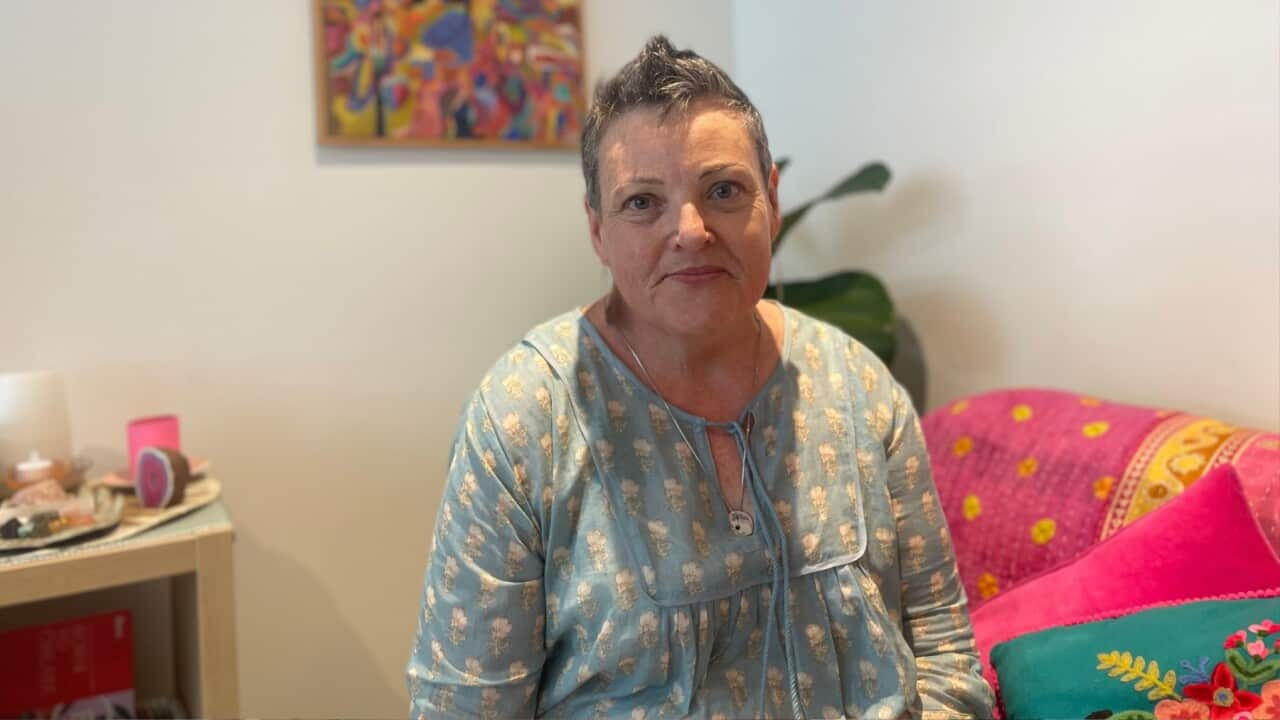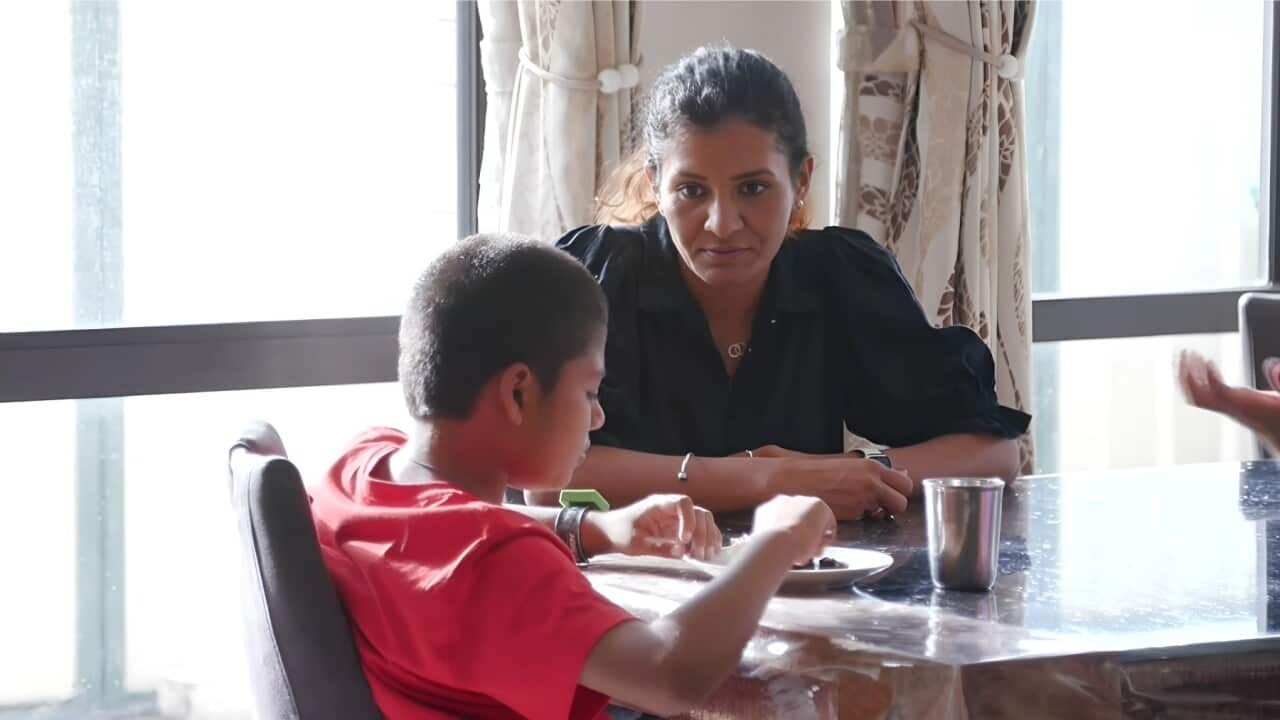TRANSCRIPT:
Before the 2022 federal election, Labor leader Anthony Albanese promised an inquiry into Australia's handling of the COVID-19 pandemic.
Now, as Prime Minister, he says he's making good on that pledge.
"Given the enormous dislocation, the stress, the of course loss of life, the economic impact of the pandemic, it is appropriate that when we reached a certain period that we would have an inquiry. It’s a commitment I made before the election, and one of the things that we have been doing is ticking off all those commitments that we have made."
The inquiry will last for 12 months, and be led by a panel of three experts - former New South Wales Department of Health director-general Robyn Kruk, Deakin University's chair in epidemiology Professor Catherine Bennett, and health economist Dr Angela Jackson.
The terms of reference for the inquiry include vaccinations, treatments and key medical supplies to Australia, as well as mental health support for those affected by the coronavirus.
It will also look at support for industry and businesses.
Health Minister Mark Butler says it's clear the impact of the pandemic is still being felt, which makes it the appropriate time to probe the national COVID response.
"We also said though that the response would take place after the worst period of the pandemic had receded. And we wouldn't start an inquiry while our health systems, our governments, were still focused on pandemic management. While COVID is no doubt still with us, the impact of COVID right now on the community, on our health system, is at the lowest really through the whole three and a half years - certainly the lowest on our health system since Omicron emerged about 22 months ago. So we are certain that now is the time to start this inquiry."
The Public Health Association of Australia has welcomed the announcement.
The body’s chief executive Terry Slevin says Australia could learn some important lessons for the future.
"The COVID pandemic affected every Australian. We deserve and they deserve an exercise which explores what we did well, what we could have done better and to focus on solutions for the future. Pointing the finger and throwing around blame is a negative approach towards this exercise. The Albanese government has committed to establishing the Australian Centre for Disease Control (ACDC), so this inquiry should be focusing on how that one-in-a-100-year organisation should be set up, it should be focusing on what its scope should be, how its independence can be established through good governance, and to ensure that it has proper resources to execute its responsibility."
Professor Adrian Esterman is the Chair of Biostatistics and Epidemiology at the University of South Australia.
He says he hopes the inquiry will examine the need to clearly pass information on to, and better engage with, people from culturally and linguistically diverse communities.
"One of the big failings of several governments not to reach out to our migrant communities, those who don't speak English. The messaging has been awful right throughout this pandemic, both from federal and state and territory governments. In particular, the ability to talk to the local communities, the migrant communities, and then explain to them why we're doing certain things was totally missing. With the new CDC that they're developing, what I'd like to see is people out posted into local communities to keep track on what's happening health wise and epidemic wise in local communities and to encourage them when a new pandemic or epidemic occurs."
But the announcement has been criticised by the federal opposition, who say the government's not keeping their full promise - and it's simply protecting Labor leaders who dominate at the state level.
Opposition leader Peter Dutton says the inquiry will be pointless if states cannot be compelled to give evidence, and because it will not examine lockdowns and border closures announced by individual states and territories.
Mr Dutton says that suggests the Albanese government has no real interest in learning the lessons of the pandemic.
"I don't understand what Anthony Albanese and Daniel Andrews have to hide, but in terms of broken promises they don't get much bigger than this one. The prime minister owes it to the Australian people to have a proper understanding of what happened at a state and federal level. If we don’t learn the lessons of what happened during the course of Covid - good and bad - by every level of government, then how do we expect to go into the next pandemic not understanding what had happened in the previous one? It just doesn’t make any sense."
Victoria attracted most of the attention at the height of the pandemic for its COVID response, including border closures and lockdowns.
Premier Daniel Andrews has denied the prime minister had potentially done him a favour with the terms of reference, and has promised his government will co-operate fully with the inquiry.













